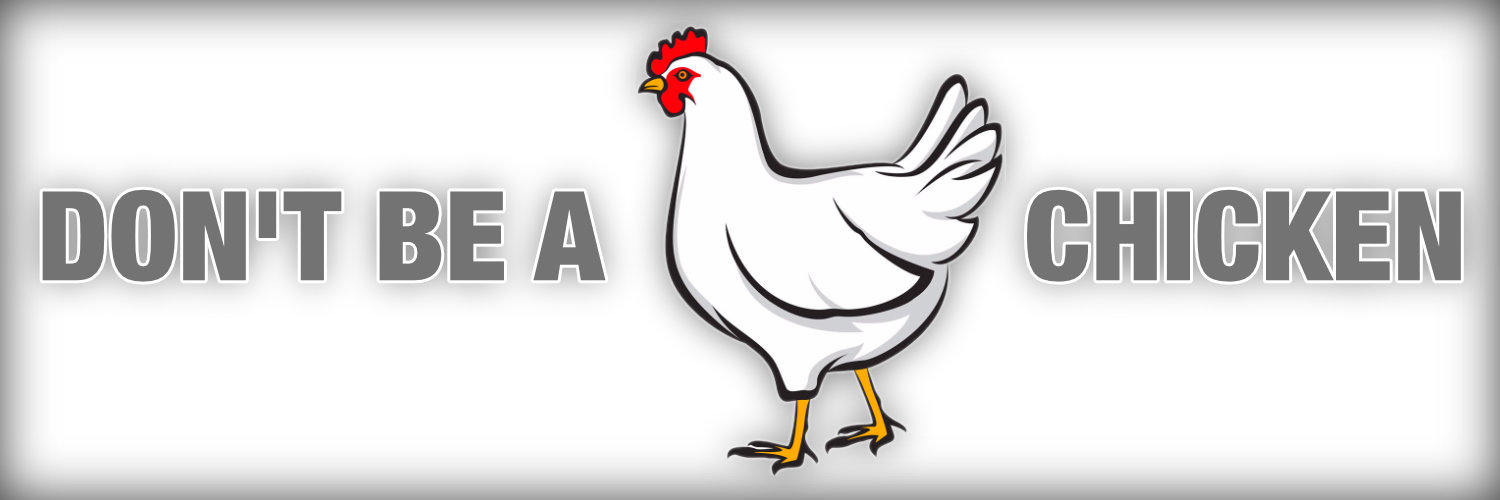
Shelf Life
My intention is to hold stocks forever, but the harsh reality is every stock has different shelf life.
Invest in companies whose products or services are so relied upon that if they didn’t exist it would cause their customers a lot of pain

A few years ago I went on a company due diligence trip with a friend of mine who manages a microcap fund. We spent the morning with management and the afternoon visiting a few of their customers. At dinner that evening we replayed the day’s events. Towards the end of the discussion my friend says, “You know the thing I like most about this company is their customers would really be screwed without their product.” I let what he said sink in for several seconds and replied, “that is brilliant”. I had never really thought about it that way, and rewrote it down in my my notes as follows:
Invest in companies whose products or services are so relied upon that if they didn’t exist it would cause their customers a lot of pain
I have tried to apply this powerful statement to every one of my investments ever since. Its greatness is its simplicity, and just like a sharp steak knife, it cuts away the fat and BS very quickly. In a manner of seconds, you can apply it and come away with some worthwhile conclusions. In general, a business’s product or service should be a pain reliever to its customers.
“One of our directors said very simply, ‘We should make a list of everything that irritates the customer, and then we should eliminate those defects one by one.’ That is the way to compete in a service business.” – Charlie Munger
The best businesses relieve so much pain, that their customers couldn’t imagine operating without them. Earlier this year I visited another company and one of their customers. In preparation I emailed the CEO of the company and asked him if he were in my shoes what questions he would ask the customer. The CEO said if he were me, he would ask the customer what type of ROI they were seeing with the product and also how disruptive it would be to the customer if they didn’t have the company’s product. Hmm, there it was again.
Invest in companies whose products or services are so relied upon that if they didn’t exist it would cause their customers a lot of pain
A few of you might sarcastically be thinking: “It would really be painful if we didn’t have electricity, water, heat, so you want me to buy utilities?” Or perhaps you’re thinking, “Well using that statement you would never invest in Coke or any big consumer brand because you don’t necessarily need their product right? If Coke went away, I’d just buy Pepsi or some other sugary concoction.” I believe well-known brands, especially those with a cult following, do fall under the pain reliever criteria. The point I would make is you might find some areas of the market, especially with larger companies, where the statement above doesn’t exactly fit. But I believe it is very useful in qualitatively evaluating small companies like microcaps.
The market is filled with companies whose products or services have an abundance of look-a-like competitors with low switching costs. It is rare to find a small company whose product or service is very lucrative to its customers. Few small companies will make it over this high qualitative hurdle. Many might argue that when expressed in the literal sense it screens out too many, but few could argue when you find a small company that fits, it is likely an exceptional business.
Don’t be afraid to say no to 99.9% of investment opportunities. You only need to find one great company, before others, to change your life. Extraordinary returns follow extraordinary discipline. An investor’s goal should always be to make as few investment decisions as possible. Keep your hurdle rate high and embrace inaction.
Chickens will eat anything you put in front of them. They will eat insects, bugs, meat, fruit, vegetables, fish, and yes even chicken. They have no self-control and will even eat their own eggs and feces. A hawk can see up to 8x more clearly than the sharpest human eye. To put in comparison, if you had a hawk’s vision you could see an ant on the ground from on top a ten story building. A hawk’s eye is so large that it occupies a big portion of its skull. The hawk knows what it’s looking for. The visual capabilities let the hawk distinguish the size, shape, and speed of the potential prey so it can recognize, target, and capture it quickly.
Don’t be a chicken, be a hawk. Be picky. As you fly above the investment world looking for opportunities, develop tools, strategies, even statements like the one discussed in this article, that you can apply quickly to evaluate opportunities. Know what you are looking for so you can develop the vision to recognize an opportunity quicker.
===> Interact and learn with 250+ of the best microcap investors on the planet. [Join Us]
MicroCapClub is an exclusive forum for experienced microcap investors focused on microcap companies (sub $500m market cap) trading on United States, Canadian, European, and Australian markets. MicroCapClub was created to be a platform for experienced microcap investors to share and discuss stock ideas. Since 2011, our members have profiled 1000+ microcap companies. Investors can join our community by applying to become a member or subscribing to gain instant view only access. MicroCapClub’s mission is to foster the highest quality microcap investor Community, produce Educational content for investors, and promote better Leadership in the microcap arena. For more information, visit http://microcapclub.com and https://microcapclub.com/summit/
Get Alerted to our Next Educational Blog Post

My intention is to hold stocks forever, but the harsh reality is every stock has different shelf life.

How does a business get a premium valuation when they sell a commodity?

It's often how you react (or don't) to the same situations that shows you how much you’ve grown.